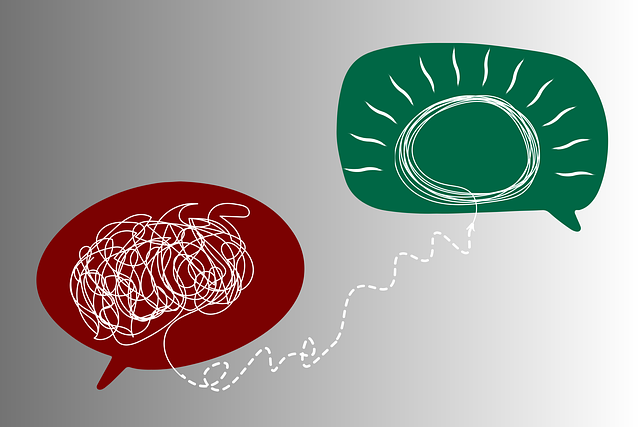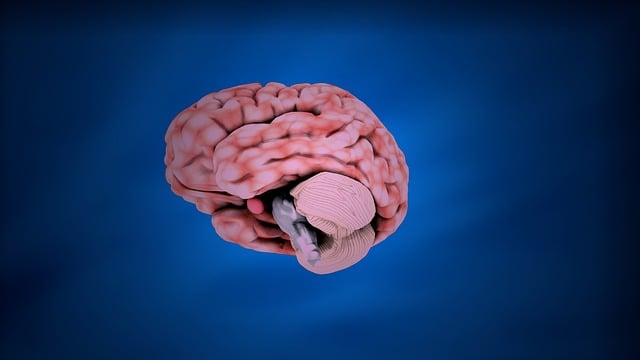Depression impacts men uniquely, often exacerbated by societal expectations and stigma hindering traditional therapy access. Early signs include persistent sadness, loss of interest, appetite/sleep changes, fatigue, concentration issues, and suicidal thoughts. Superior Men's Issues Therapy offers specialized support with crisis intervention, emotional regulation techniques, and mental wellness coaching for long-term mental health management. CBT, mindfulness, physical activity, sleep hygiene, and strong social connections are emphasized in depression prevention strategies tailored by Superior Mens Issues Therapy to address deep-rooted emotional issues, build resilience, and foster proactive mental well-being.
Depression is a prevalent and serious mental health concern, yet it’s preventable. This article guides you through an array of strategies tailored to men, focusing on superior therapy options that address unique issues. From recognizing signs early to adopting lifestyle changes and building support networks, we offer practical insights. Learn how self-care practices can be proactive tools in preventing and managing depression. Embrace these steps towards improved mental well-being.
- Understanding Depression: Recognizing Signs and Symptoms
- The Role of Therapy: Unlocking Superior Mens Issues Solutions
- Lifestyle Changes for Enhanced Mental Well-being
- Building a Support Network: Overcoming Isolation
- Self-Care Practices for Proactive Depression Prevention
Understanding Depression: Recognizing Signs and Symptoms

Depression is a complex mental health condition that significantly impacts an individual’s daily life and overall well-being. Recognizing the signs and symptoms early on is crucial in preventing and managing this disorder, especially for men who often face unique challenges when it comes to seeking help. Many men struggle with traditional therapy due to societal expectations and a perceived stigma, but Superior Men’s Issues Therapy offers specialized support tailored to their specific needs.
The first step towards prevention lies in identifying the warning signs. These can include persistent feelings of sadness, loss of interest in activities once enjoyed, changes in appetite and sleep patterns, fatigue, difficulty concentrating, and thoughts of worthlessness or suicide. With proper crisis intervention guidance, emotional regulation techniques, and support from mental wellness coaching programs, men can learn to navigate these challenges and develop strategies for long-term mental health management.
The Role of Therapy: Unlocking Superior Mens Issues Solutions

Depression prevention strategies often emphasize the transformative power of therapy in addressing Superior Mens Issues. Beyond simply offering a space for venting, effective therapy provides tools and insights to tackle deep-rooted emotional challenges. It empowers individuals to understand their thoughts and behaviors, fostering self-awareness that is crucial for mental well-being promotion techniques.
Through tailored therapeutic approaches, such as cognitive behavioral therapy (CBT), individuals can learn to challenge negative thought patterns, enhance emotional regulation skills, and build a robust self-care routine development. This holistic process not only aids in preventing depressive episodes but also contributes to self-esteem improvement, enabling men to navigate life’s challenges with enhanced resilience.
Lifestyle Changes for Enhanced Mental Well-being

Depression prevention starts with embracing lifestyle changes that promote mental well-being. Regular physical activity, for instance, plays a crucial role in enhancing mood and reducing symptoms of depression. Engaging in activities like walking, jogging, or even yoga can help release endorphins, often referred to as ‘feel-good’ hormones, which contribute to an improved sense of calm and happiness. Additionally, cultivating strong social connections is vital; maintaining meaningful relationships with family and friends provides emotional support and acts as a buffer against the negative impact of stress.
A key aspect of fostering superior mental health involves adopting healthy habits such as prioritizing sleep hygiene, maintaining a balanced diet, and practicing mindfulness techniques. Superior Mens Issues Therapy highlights the importance of addressing specific challenges men may face while also promoting cultural sensitivity in mental healthcare practice. Seeking support from a healthcare provider equipped with cultural competency training can make a significant difference. Effective stress management is another crucial element; learning relaxation strategies like deep breathing or meditation can help individuals navigate life’s stressors more effectively, thus reducing the risk of depression.
Building a Support Network: Overcoming Isolation

Building a strong support network is a vital aspect of depression prevention, especially for men who may struggle with expressing their emotions or seeking help due to societal expectations. Overcoming isolation is key; loneliness and lack of social connection are significant risk factors for depression. Men can benefit from joining support groups, whether in-person or online, where they can share experiences and connect with peers facing similar challenges. This sense of belonging and understanding can be powerful in promoting mental well-being.
In the context of Superior Men’s Issues Therapy, cultural sensitivity is essential when addressing these concerns. Therapists should consider the unique social norms and expectations that might impact a man’s willingness to open up. Encouraging open dialogue and fostering an environment free from judgment allows individuals to explore their emotions and develop coping skills. Additionally, integrating Self-Care Practices tailored to individual needs can empower men to proactively manage their mental health and break potential cycles of depression.
Self-Care Practices for Proactive Depression Prevention

In the realm of proactive depression prevention, self-care practices play a pivotal role in maintaining mental well-being. Men often face unique challenges that can contribute to feelings of isolation and despair, making it crucial to integrate certain self-care routines into daily life. Superior men’s issues therapy encourages individuals to prioritize their emotional health through mindfulness exercises, regular physical activity, and adequate sleep hygiene. These practices not only reduce stress but also foster a sense of control and resilience, serving as powerful tools in depression prevention.
Beyond individual efforts, social skills training has emerged as a valuable asset. Building and nurturing meaningful relationships can provide a robust support system, enhancing coping mechanisms and promoting positive thinking. Engaging in activities that cultivate connections, whether through community groups, hobbies, or sports, can significantly contribute to preventing depressive episodes. By combining effective self-care practices with enhanced social interactions, individuals can create a comprehensive strategy for proactive depression prevention tailored to their unique needs.
Depression prevention is a holistic approach that combines understanding, therapy, and proactive self-care. By recognizing signs early, seeking out superior mens issues therapy, adopting healthier lifestyles, building supportive networks, and practicing regular self-care, individuals can effectively navigate mental health challenges. These strategies empower people to take control of their well-being and foster resilience against depression.














